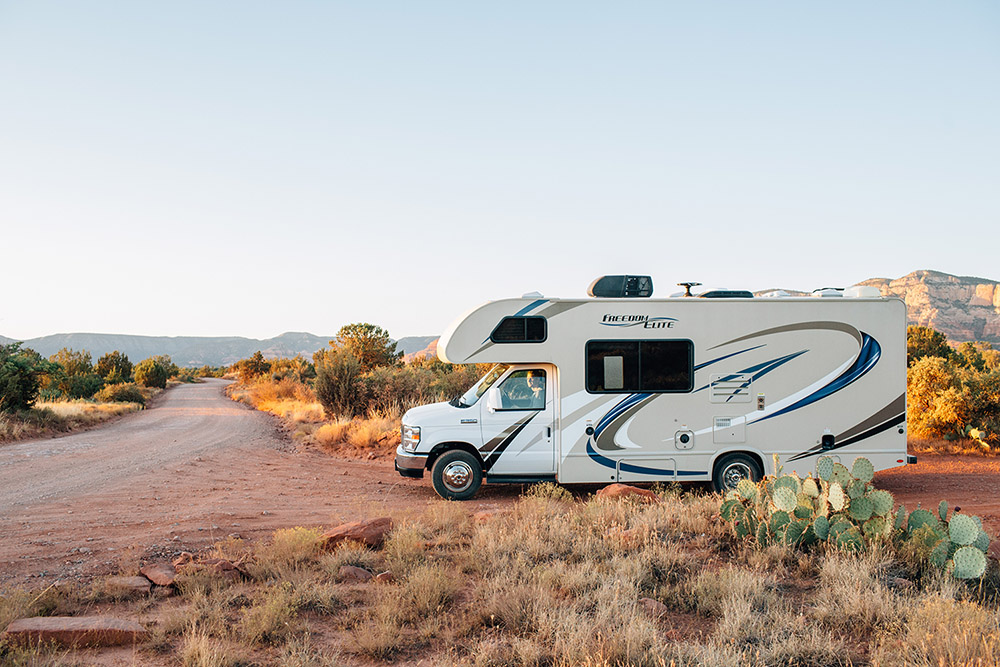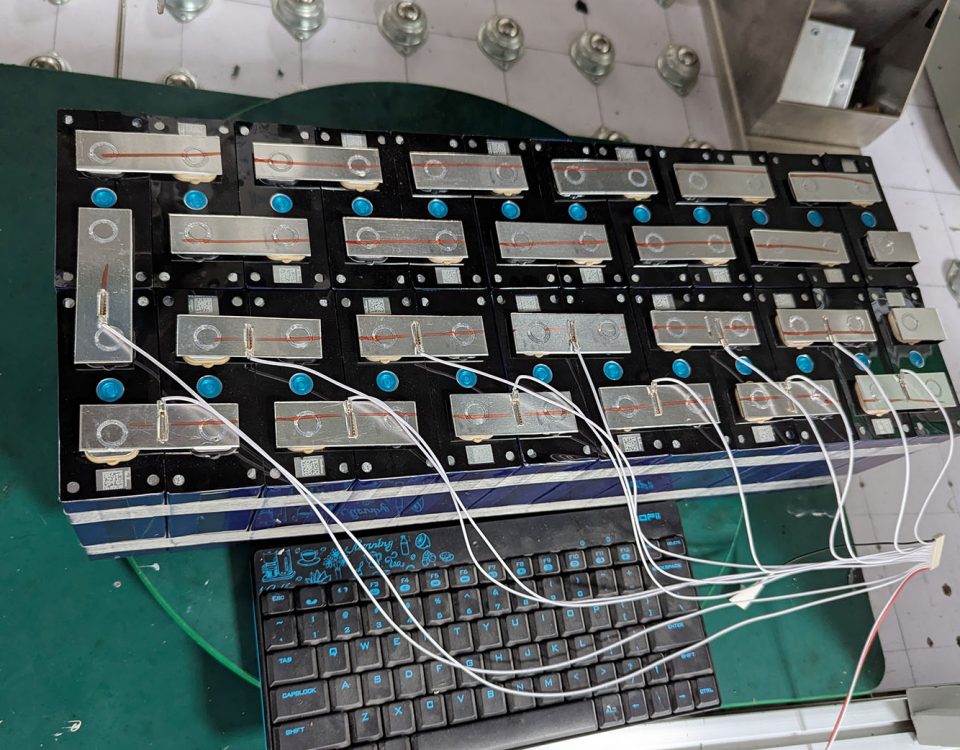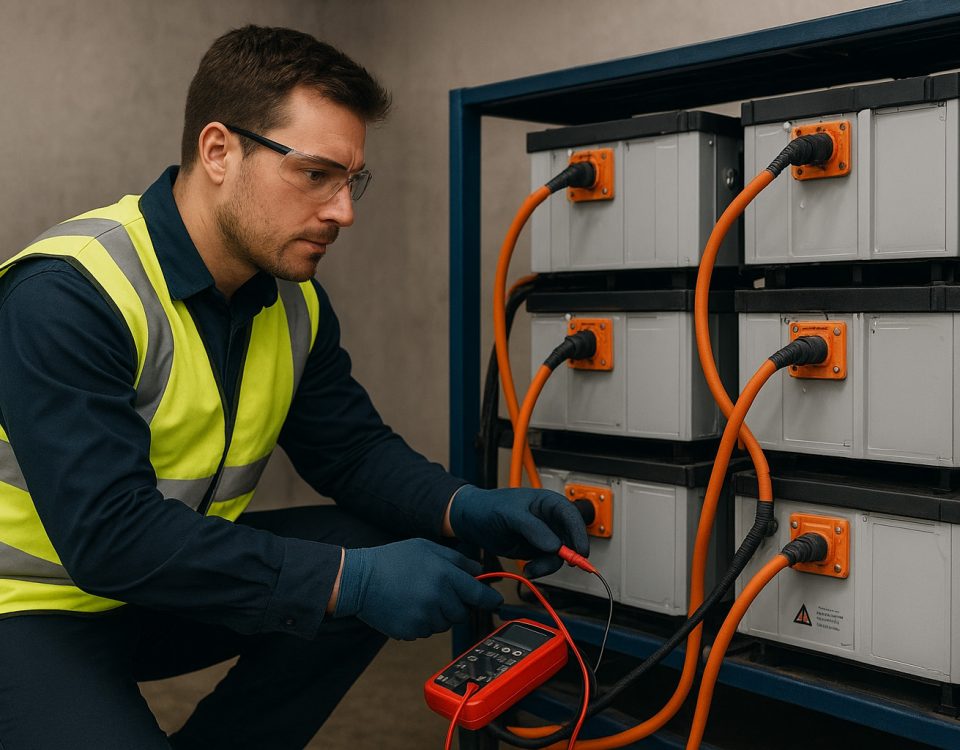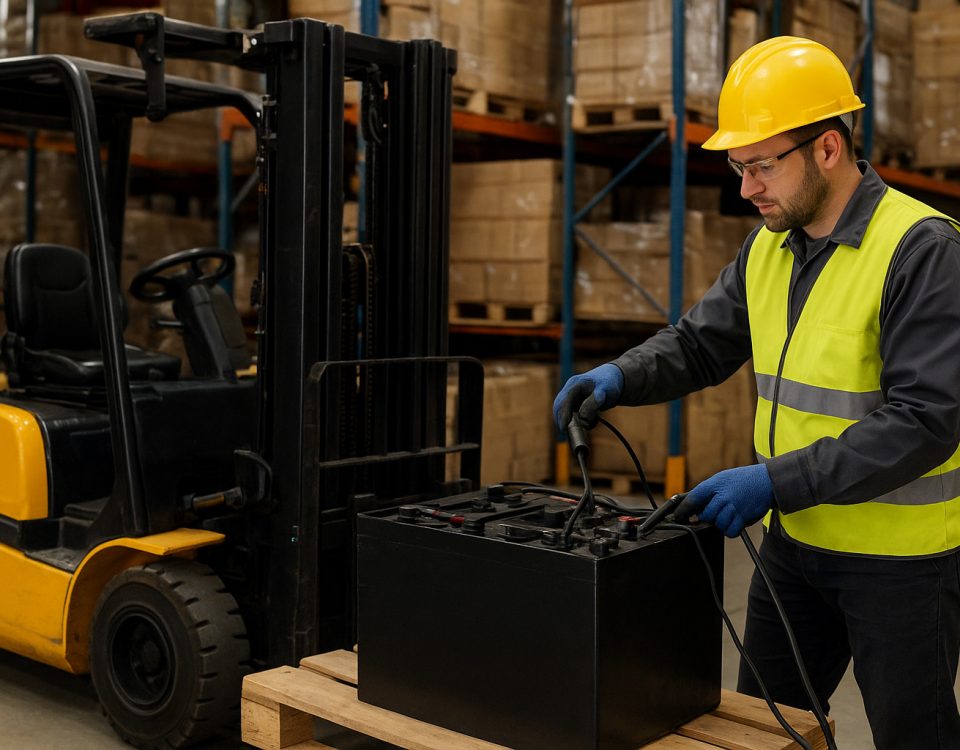Introduction
For RV owners, the freedom to explore the open road is exhilarating, but it comes with one vital responsibility—managing your RV’s battery. Whether you're setting off on a weekend getaway or an extended road trip, ensuring your RV battery delivers consistent, reliable power is essential. From charging cycles to maintenance practices, several factors influence how long your battery will last and how well it performs. With the rise of lithium batteries, particularly in the RV world, understanding how to maximize their lifespan is even more important.
In this article, we'll delve into practical tips to enhance your RV battery’s longevity and performance. As battery technology continues to evolve, applying best practices for charging and maintenance will help keep your RV adventures powered up and stress-free.
Maintenance Practices: Keeping Your Battery in Top Shape
Proper maintenance can add years to the life of your RV battery. Simple routine checks and a bit of care can go a long way. Here's what you can do:
-
Check the Terminals Regularly
Over time, corrosion can develop around the battery terminals, which may reduce the battery’s efficiency. Clean the terminals periodically using a mix of water and baking soda, and scrub with a wire brush to ensure a strong connection. -
Monitor Battery Health
Many newer RVs come equipped with battery management systems (BMS), especially those using lithium-ion batteries. These systems provide real-time insights into your battery's health, charging status, and overall performance. Regularly checking the BMS can prevent potential issues before they escalate. -
Avoid Deep Discharges
Deeply discharging your battery (i.e., using it until it's nearly depleted) can drastically reduce its lifespan, particularly with lead-acid batteries. Try to recharge your battery when it drops to around 50%, especially for traditional deep-cycle batteries. Lithium batteries, however, are much more tolerant of deeper discharges, but it’s still good practice to avoid dropping to zero.
Charging Best Practices: Optimizing Efficiency
Proper charging is one of the key factors influencing the longevity of your RV battery. Whether you're using lead-acid or lithium batteries, optimizing your charging cycles will make a significant difference.
-
Use a Smart Charger
A smart charger automatically adjusts its charge based on the battery’s needs. It prevents overcharging and ensures that the battery receives the appropriate voltage and current, depending on its condition. This is particularly important for lithium batteries, which require more precision in charging than their lead-acid counterparts. -
Follow a Regular Charging Cycle
For lead-acid batteries, it’s critical to keep them fully charged when not in use. Sulfation, a process where lead sulfate crystals form on the plates of the battery, can occur if a battery is left partially charged for too long, permanently reducing capacity. Lithium batteries, on the other hand, do not suffer from sulfation, and they are more efficient when kept between 20% and 80% charge. -
Avoid Overcharging and Undercharging
Overcharging a battery can lead to excess heat, which shortens its lifespan, while undercharging results in incomplete chemical reactions, also damaging the battery. Many RVers opt for solar panel systems to keep their batteries charged during the day without risking overcharging. Just be sure your solar charge controller is compatible with your battery type.
Usage Tips: Managing Power Consumption on the Road
The way you use your battery also plays a big role in its longevity. Power management is crucial, especially if you rely heavily on your RV’s electrical systems while off-grid.
-
Monitor Power Consumption
Keeping an eye on your RV's power consumption helps prevent unexpected battery depletion. Installing a battery monitor system can provide you with real-time data on energy usage and the remaining battery charge. It’s especially helpful for those who camp without access to shore power for extended periods. -
Use Energy-Efficient Appliances
Switching to energy-efficient LED lights, low-power fans, and other appliances can dramatically reduce the load on your RV battery. Additionally, unplugging devices when they’re not in use prevents power drain, extending battery life. -
Embrace Solar Power
Many RV enthusiasts have adopted solar panels as an auxiliary power source. Solar power is a clean, renewable way to keep your battery charged during long stays off-grid. Coupled with lithium batteries, which can handle higher input and faster charging, solar can be a game changer for extending the life of your RV battery.
The Future of RV Batteries: Lithium Leads the Way
Battery technology is advancing rapidly, and lithium-ion batteries are becoming the standard for RVs. Compared to traditional lead-acid batteries, lithium batteries offer numerous benefits, including:
- Longer Lifespan: Lithium batteries can last up to 10 years or more with proper care.
- More Usable Capacity: Lithium batteries can safely discharge up to 80-90% of their capacity, whereas lead-acid batteries should only be discharged by 50% to avoid damage.
- Lighter Weight: Lithium batteries are significantly lighter, making them ideal for RVs where weight is always a consideration.
- Faster Charging: Lithium batteries can accept higher charging rates, meaning less downtime and more time on the road.
Richye: A Trusted Name in Lithium Battery Manufacturing
When choosing a battery for your RV, it's crucial to select a reliable manufacturer. RICHYE is a leader in lithium battery production, offering high-quality, safe, and durable batteries at competitive prices. Whether you're upgrading your RV's power system or starting fresh with a new build, RICHYE’s lithium batteries deliver exceptional performance, ensuring your RV stays powered during all your adventures. With a strong reputation for safety, quality, and affordability, RICHYE is a name you can trust in the world of lithium battery technology.
Conclusion: Powering Your Adventures with Confidence
Your RV battery is the lifeblood of your mobile home, providing the power needed to enjoy modern conveniences while exploring the great outdoors. By following proper maintenance, charging, and usage practices, you can ensure your battery lasts longer and performs better, whether you're using traditional lead-acid batteries or upgrading to the latest lithium technology.
With advances in lithium battery technology and options like solar power, the future of RV power systems looks brighter than ever. And with trusted companies like RICHYE leading the charge in lithium battery manufacturing, you can embark on your adventures knowing your RV battery is up to the task. So hit the road, stay powered, and enjoy the journey!




